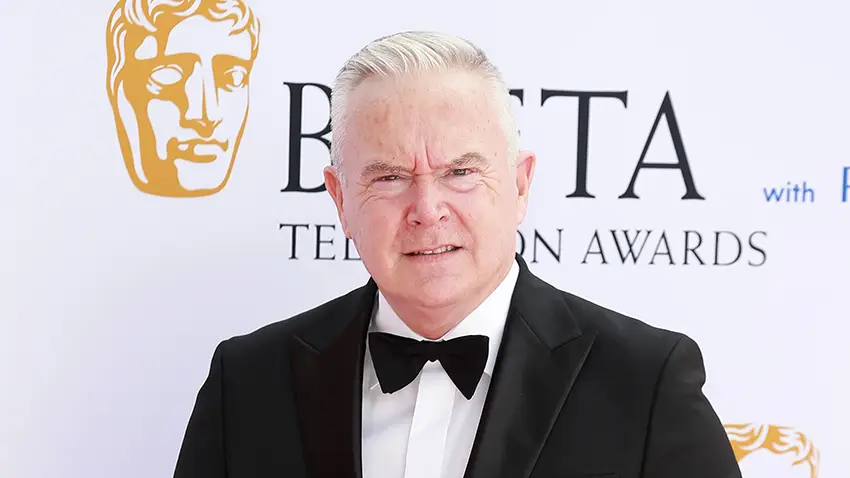The BBC has asked Huw Edwards to return over £200,000 of his salary following his arrest for possession of child abuse images. The broadcaster claims Edwards ‘behaved in bad faith’ by continuing to accept the payments.
The arrest and subsequent actions have triggered widespread outrage and highlighted serious issues within the BBC. This article delves into the details and implications of these events.
Allegations and Arrest
The BBC has demanded that Huw Edwards repay over £200,000 of his salary after his arrest for child abuse images. Edwards was arrested in November of last year and continued to receive payments despite the severity of the allegations.
South Wales Police uncovered 37 indecent images of children on a WhatsApp account linked to Edwards. Among these, seven were in the most serious category, Category A. This discovery led to significant outrage and a subsequent suspension of Edwards in July 2023.
BBC’s Response to the Allegations
In a statement released on Friday, the BBC board criticised Edwards for bringing the organisation “into disrepute” and undermining public trust. If Edwards had disclosed his arrest at the time, he would not have continued receiving public funds.
The BBC’s director-general, Tim Davie, has received backing from the board for his handling of the case. The incident has also started a broader discussion about the culture within the BBC, particularly regarding power imbalances and staff protection.
Internal Reactions and Public Sentiment
The revelations have caused significant anger within the BBC. BBC chairman Samir Shah expressed his dismay, stating that Edwards had “betrayed the trust of staff and our audiences in the most egregious possible way.”
Shah described Edwards’ actions as a “shock” and acknowledged the challenges faced by the corporation’s executives in navigating this complex situation.
Culture Secretary Lisa Nandy stressed the importance of public trust in the corporation. She joined the BBC in calling for the return of the funds and welcomed an independent review into the organisation’s culture following the Edwards case.
Broader Implications for the BBC
While the BBC’s demand for the return of Edwards’ salary is primarily a moral stance, the corporation has not ruled out potential legal action to recover the funds. This situation also highlights the need for clearer protocols regarding the suspension of employees under investigation and the management of their remuneration during such periods.
The fallout from this scandal is likely to have lasting implications for the BBC as it works to restore public confidence and ensure that it upholds the highest standards of conduct within its ranks.
Legal and Moral Considerations
The BBC’s stance on demanding the return of Edwards’ salary reflects a moral standpoint, but legal actions have not been ruled out to reclaim the funds.
The incident has sparked discussions about the necessary protocols for suspending employees under investigation. The BBC is under pressure to establish clear guidelines for managing employee remuneration in such cases.
This scandal underscores the need for the organisation to reinforce its commitment to the highest standards of conduct and transparency.
The BBC is grappling with a complex and controversial situation. The demand for Huw Edwards to return his salary marks a significant stance on moral and ethical grounds.
The organisation faces the challenge of restoring public trust and ensuring it maintains the highest standards of integrity and conduct. The effects of this scandal are likely to resonate for a long time.

